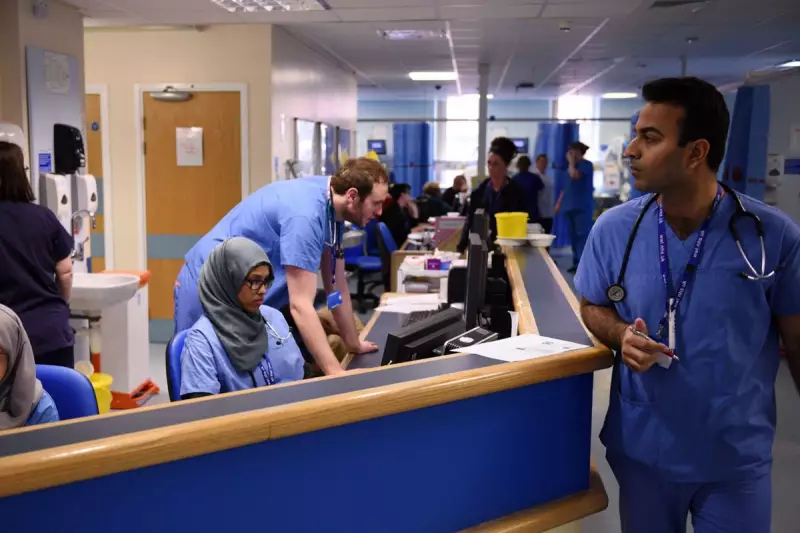
A stark warning has been issued over the state of NHS emergency care, with a new analysis suggesting that more than 250 patients a week in England may be dying due to dangerously long waits in Accident and Emergency departments.
The research, conducted by the Royal College of Emergency Medicine (RCEM), points to a direct correlation between prolonged A&E delays and increased mortality rates. The findings have sent shockwaves through the healthcare community, highlighting a critical patient safety issue.
A Crisis Measured in Hours
The study's alarming figures are based on the number of people who experience waits of over five hours from their arrival in A&E to being admitted to hospital, transferred, or discharged. For those facing waits stretching between five to twelve hours, the risk of death appears to rise significantly.
Dr. Adrian Boyle, President of the RCEM, stated the situation is a "national scandal" that demands immediate government action. "We cannot continue to ignore the human cost of these delays," he emphasised.
Behind the Headlines: The Human Impact
These statistics represent real people—patients suffering from conditions like strokes, heart attacks, and sepsis, for whom timely treatment is not just important, but critical for survival. Every hour of delay can drastically alter a patient's outcome.
- Increased Risk: Longer waits are linked to worse outcomes for serious conditions.
- Systemic Pressure: The problem is symptomatic of wider pressures across the NHS, including bed shortages and social care bottlenecks.
- A Call for Action: Medical leaders are urging policymakers to treat this with the urgency it deserves.
What Does This Mean for the Future of the NHS?
This report adds to a growing body of evidence that the NHS is under unsustainable strain. It raises fundamental questions about capacity, funding, and long-term planning for the UK's most cherished public service. The government is now under increased pressure to outline a concrete plan to address the crisis in emergency care and safeguard patient lives.





